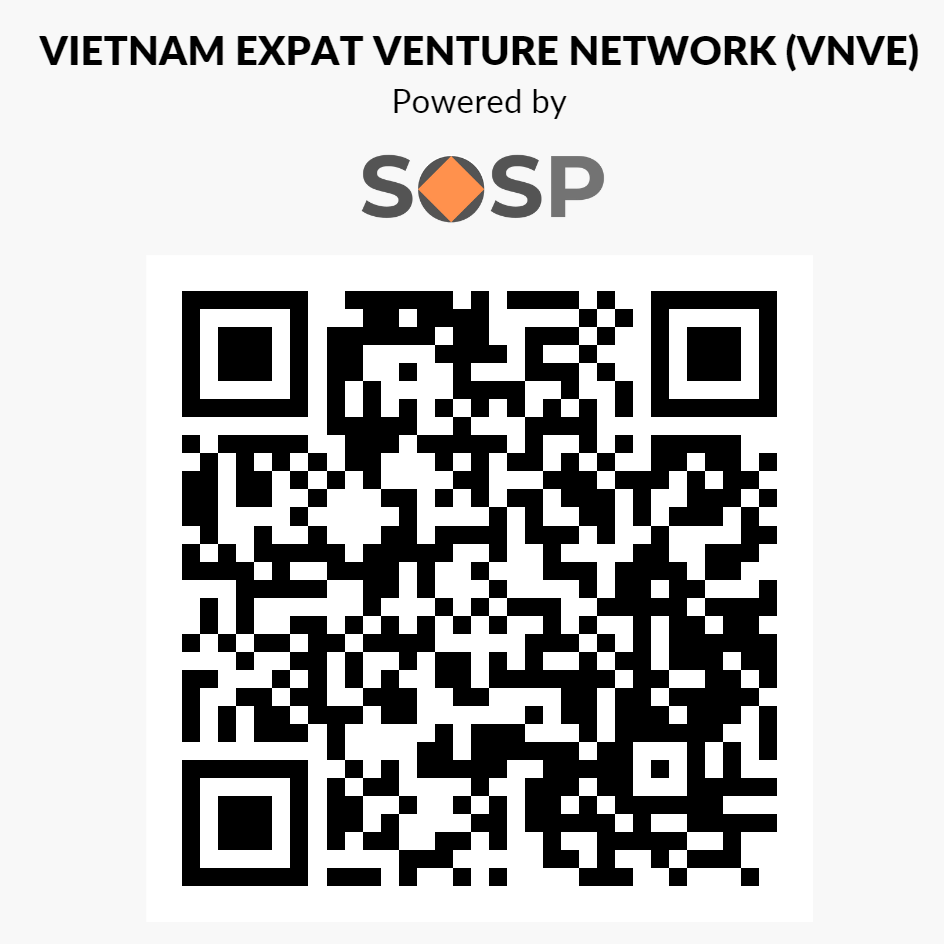Challenges and Solutions for Market Entry in Vietnam: A Guide for Entrepreneurs
Expanding into Vietnam offers promising opportunities due to its fast-growing economy and dynamic market. However, navigating this new landscape requires understanding and addressing several key challenges. Here is a guide for entrepreneurs to successfully enter the Vietnamese market.
1. Regulatory Environment
Challenge: Vietnam's regulatory environment can be complex, with frequent updates to laws and regulations that foreign companies need to understand.
Tips:
-
Research and Compliance: Stay informed about current regulations through official sources like the Ministry of Planning and Investment and the Vietnam Chamber of Commerce and Industry (VCCI).
-
Local Advisors: Consider consulting with local legal experts to ensure compliance with all necessary regulations and obtain required permits such as the Investment Registration Certificate (IRC) and Enterprise Registration Certificate (ERC).
2. Cultural Differences
Challenge: Understanding and respecting Vietnamese business culture is crucial for successful business operations.
Tips:
-
Cultural Awareness: Invest in cultural training for your team to understand local business etiquette, indirect communication styles, and the importance of building personal relationships.
-
Relationship Building: Spend time fostering relationships with local partners and stakeholders through social interactions and networking.
3. Market Competition
Challenge: The competitive landscape in major cities like Hanoi, Da Nang and Ho Chi Minh City requires businesses to differentiate themselves effectively.
Tips:
-
Market Research: Conduct thorough research to understand consumer behavior and identify market gaps.
-
Unique Value Proposition: Develop a strong unique value proposition that meets the specific needs of Vietnamese consumers.
4. Supply Chain and Logistics
Challenge: Vietnam's infrastructure can pose logistical challenges for supply chain management.
Tips:
-
Local Partnerships: Collaborate with local logistics providers who have in-depth market knowledge.
-
Infrastructure Improvement: Consider investing in infrastructure improvements to streamline supply chain processes.
5. Language Barriers
Challenge: Effective communication can be hindered by language differences.
Tips:
-
Bilingual Staff: Hire local staff who are fluent in both Vietnamese and your business’s primary language to facilitate better communication.
-
Professional Translation Services: Use professional translation services for important documents and communications to ensure accuracy and clarity.
CONCLUSION
Entering the Vietnamese market requires careful planning and a deep understanding of local challenges. By leveraging these tips and focusing on key areas such as regulatory compliance, cultural understanding, market research, logistics, and effective communication, entrepreneurs can establish a successful presence in Vietnam.
For more information on market entry solutions, visit SOSP Services.
Contact SOSP today and unlock the full potential of Vietnam for your business!






